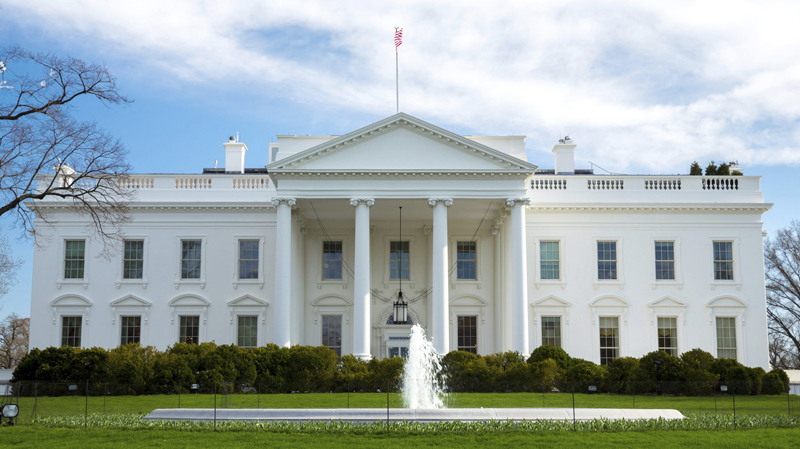BOSTON, February 8, 2019—Fenway Health applauds President Donald Trump’s pledge, in his Feb. 5 State of the Union Address, to “eliminate the HIV epidemic in the United States within 10 years.”
The Administration’s plan calls for a reduction in new HIV infections by 75 percent over the next five years and by 90 percent in the next 10. To achieve its targets, the plan “will infuse 48 counties, Washington, D.C., San Juan, Puerto Rico, as well as 7 states that have a substantial rural HIV burden with the additional expertise, technology, and resources needed to end the HIV epidemic in the United States.”
“We share President Trump’s observation, made during his State of the Union speech, that ‘scientific breakthroughs have brought a once-distant dream within reach,’” said Sean Cahill, PhD, Director of Health Policy Research at The Fenway Institute at Fenway Health. “Given the striking disparities we see in the epidemic among populations including Black and Hispanic gay and bisexual men and transgender people as well as geographic disparities for those who live in Southern states, a targeted approach to ending HIV transmission makes the most sense.”
Fenway Health joins other organizations, including the International AIDS Society and health providers around the country, in cautioning that no plan to end HIV can work if the administration continues with attempts to weaken the Affordable Care Act, which dramatically increased health insurance coverage among people living with HIV, LGBT people, and Black and Hispanic people of all genders and sexual orientations. Additionally, attempts to repeal pre-existing condition protections mandated by the Affordable Care Act and the Trump Administration’s proposed rule change to public charge policies to include Medicaid will also undermine any plan to end the HIV epidemic by 2030. Under public charge policies, the federal government can revoke the legal permanent resident status of non-citizens who rely on public services; previously Medicaid was excluded from the list of public programs that could trigger a change in legal resident status.
Fenway Health also warns that the continued enactment of discriminatory policies against those most vulnerable to infection, including transgender people and gay and bisexual men, will limit the effectiveness of the administration’s new HIV plan.
“Two thirds of people newly diagnosed with HIV each year are gay and bisexual men or transgender women and they are disproportionately Black, Latino, and Native American,” added Cahill. “Challenging racial and LGBT health inequities and promoting equality are essential components of any strategy to end HIV in the United States. This includes expanding Medicaid eligibility in the South, where half of Black Americans live.”
President Trump and Republicans in Congress have attacked the Affordable Care Act, which increased insurance coverage for people living with HIV, LGBT people, and people of all racial and ethnic backgrounds. Last year President Trump expanded the use of cheap insurance plans that don’t cover pre-existing conditions such as HIV or cancer. Most Southern states have refused to expand Medicaid eligibility.


